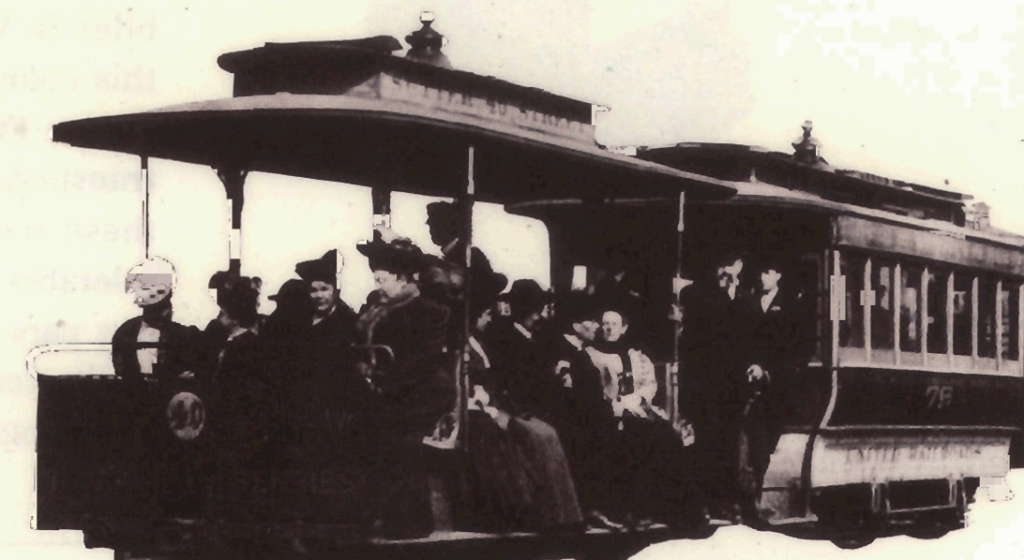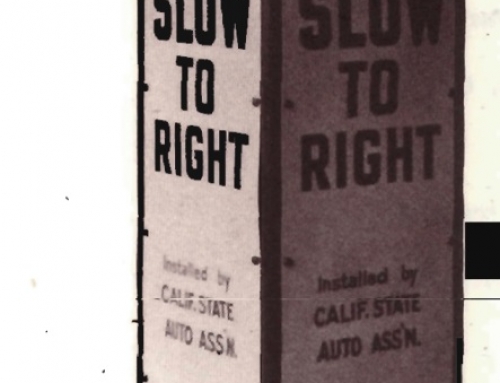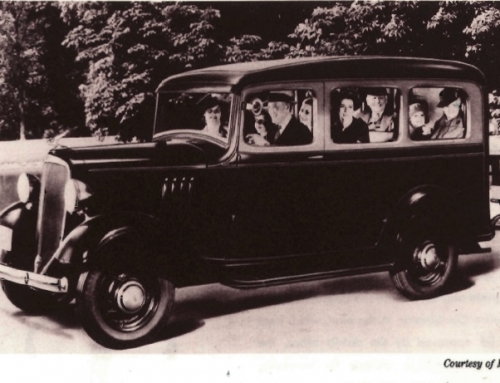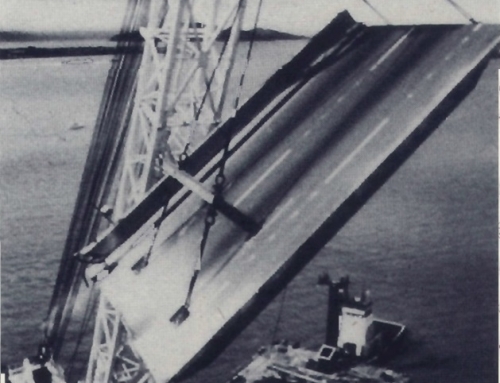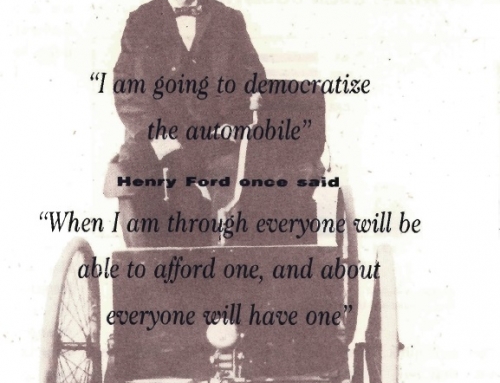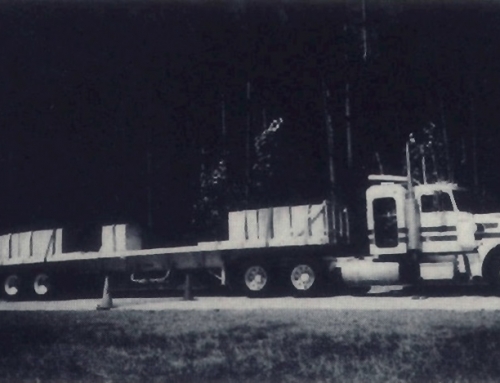With this first issue of Access, we at the University of California Transportation Center Seek to introduce our research to a diverse, community of readers. By presenting our findings in a nontechnical format, we hope to make them accessible to professionals in various fields and to citizens who might find them useful or perhaps merely interesting.
Most of our research reflects the importance of improving accessibility in metropolitan areas – and without worsening the transport system’s environmental effects. Because metropolitan development patterns shape travel choices on roads and transitways, we conduct research on those underlying urban forces that make for movement of people and goods. Because public policy so fundamentally affects both the shape of the modern metropolis and the functioning of its transportation system, we are primarily oriented to exposing policy options that might improve both. Because remedies for deficient accessibility cannot be found by attacking mere symptoms of systemic problems, we seek to explore alternative long-term, whole-system strategies that might inform officials in both the public and the private sectors.
The University of California Transportation Center (UCTC) was founded in Fall 1988, sponsored by the U.S. Department of Transportation Center (UCTC) was founded in Fall 1988, sponsored by the U.S. Department of Transportation (USDOT) and the California State Department of Transportation (CalTrans). Our research, education, and public service activities are primarily conducted on the University’s campuses at Berkeley, Davis, Irvine, and Los Angeles, Some additional work is based at the University of Southern California; at California State University, Long Beach; and at Arizona State University, Tempe. UCTC’s participants are drawn from many disciplines and professions, joined by the shared goal of enhancing accessibility for everyone. We look forward to continuing expansion of our research and to growing collaboration with USDOT, Caltrans, the many agencies within our region, and colleagues at other universities.
Selected articles on other research will appear in future issues of Access. UCTC’s technical research papers currently in print are listed, along with an order form, at the back of the magazine. We encourage you to write for those you’d like to read.
If you have critical responses to articles appearing here or suggestions for future editions of Access, we shall be pleased to receive them. With the wish that Access will became and effective medium for exchanging information and ideas, we offer these essays hoping they’ll entice open conversations on topics of mutual interest.
Melvin M. Webber
Center Director

